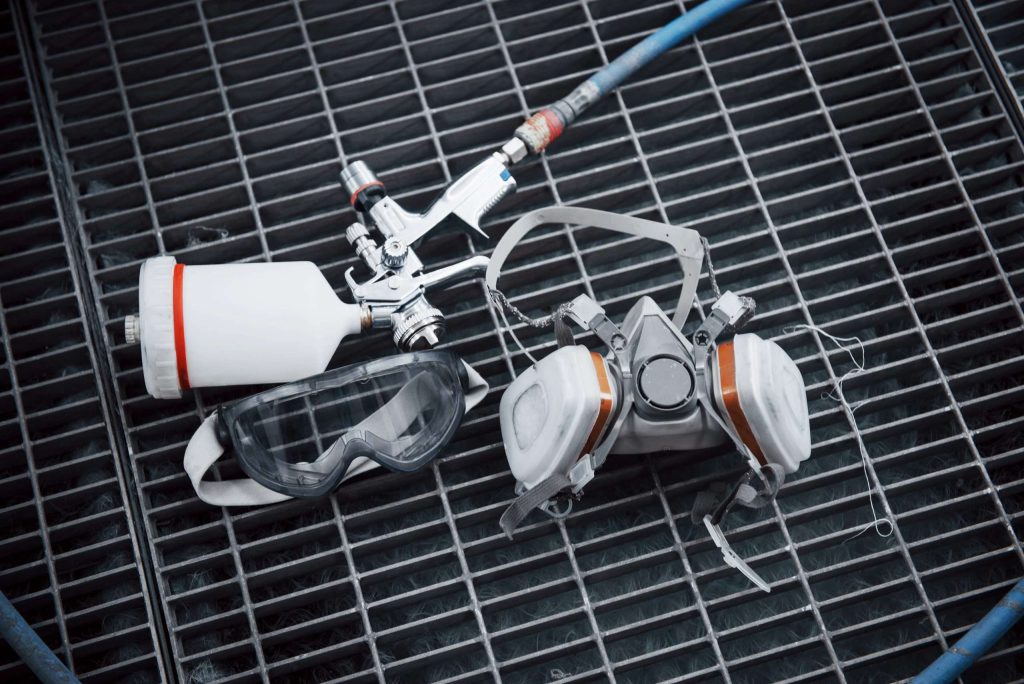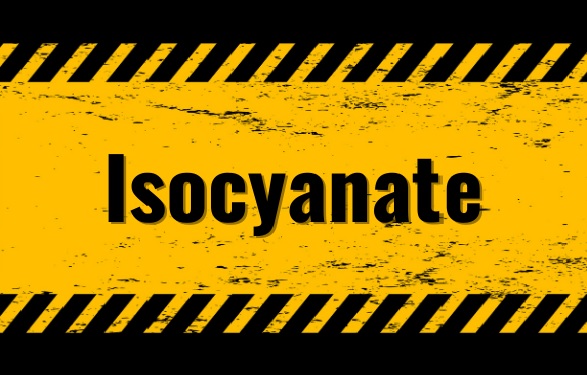
New limit regulations for isocyanates – what happens now?
On August 24, 2023, new EU regulations regarding the use of diisocyanates came into force. According to the new regulations, diisocyanates may no longer be used industrially or commercially either as a substance or as a component of other substances and mixtures if their concentration individually and in combination is 0.1% by weight or more, unless the user has previously carried out training in safe use of diisocyanates.
In addition, if the product is covered by the new requirements, the manufacturing company must have the following statement printed on the label: “As from 24 August 2023 adequate training is required before industrial or professional use”.
What are diisocyanates or isocyanates?
Isocyanates or diisocyanates (commonly known as polyurethane or PU products) are the main materials for the production of polyurethanes. Diisocyanates are found, for example, in foams, glues, paints, coatings and sealants. An example that many can relate to is PU foam, which is created by foaming with a spray can. Whether a product contains diisocyanates can be checked in the safety data sheet.
Why is a limitation necessary?
The reason for the restrictions is above all the increase in work-related illnesses among people who handle diisocyanates. Isocyanates can, among other things, lead to respiratory diseases, including severe asthma. According to data from the Commission’s regulation, approximately 5,000 people develop work-related asthma each year due to exposure to diisocyanates.
Isocyanates are absorbed by inhaling gases, vapors, aerosols and dust particles containing isocyanates. Isocyanates sometimes cause sensitization, in the form of a type I allergy. Research has also shown that exposure to isocyanates can alter and destroy cell membranes in the human body.
Technical protective measures
In addition to training, technical solutions can help companies meet the limit values and thus ensure a healthier workplace.
QleanAir FS 70 Carbon
QleanAir FS 70 is a versatile air cleaner that was developed to be able to solve problems with indoor air quality for several different types of facilities, for example in the plastic processing industry, in production halls but also in logistics centers and warehouses. With a flexible and adaptable filter configuration set up, the FS 70 can be adapted to your company’s specific needs, including lowering the levels of diisocyanates.
Contact us
We are happy to support you on the journey toward a healthy, safe and productive work environment. Welcome to contact us for a free consultation.
More information
For more information about the regulation, please refer to the Official Journal of the European Union




